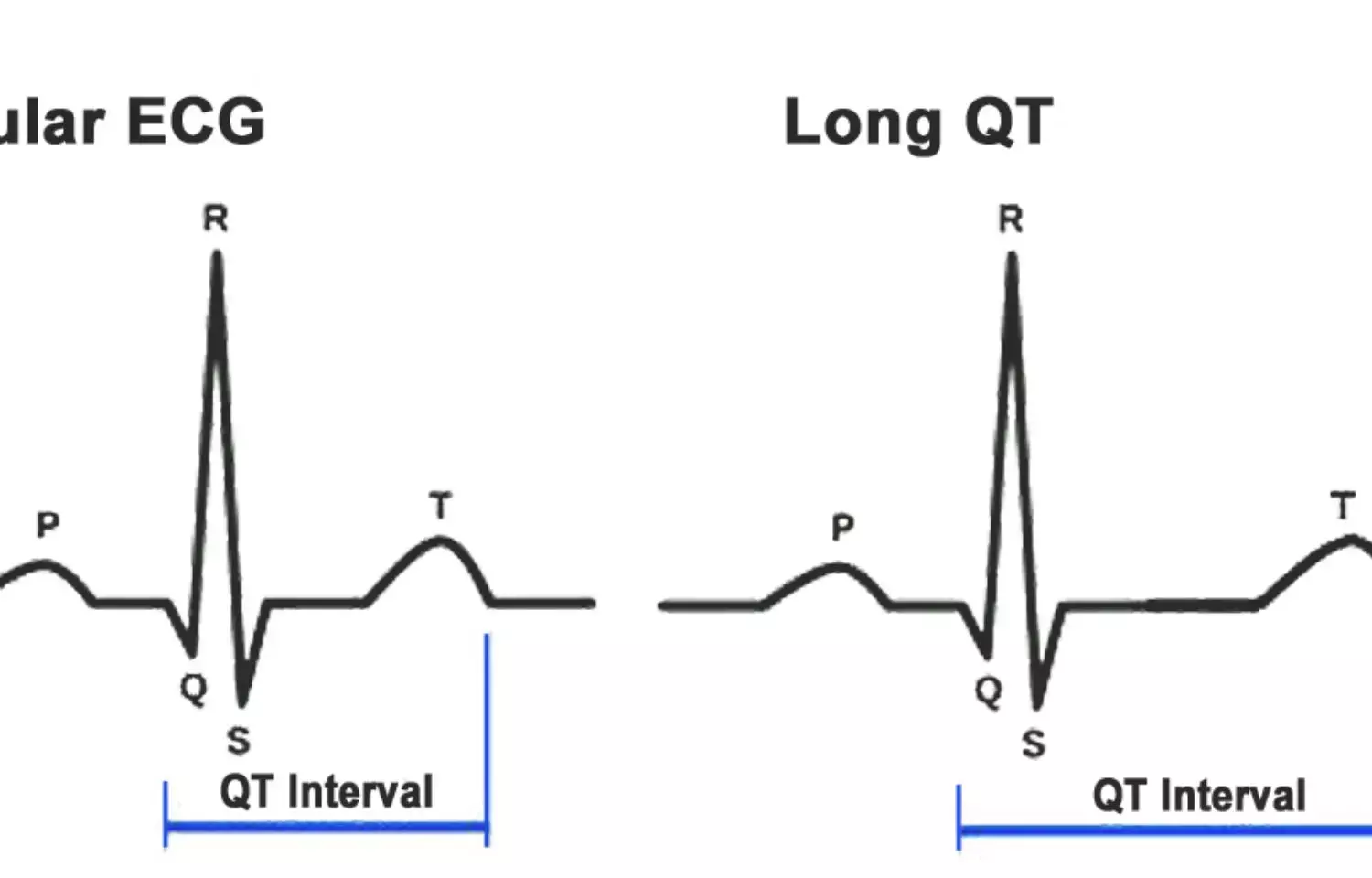- Home
- Medical news & Guidelines
- Anesthesiology
- Cardiology and CTVS
- Critical Care
- Dentistry
- Dermatology
- Diabetes and Endocrinology
- ENT
- Gastroenterology
- Medicine
- Nephrology
- Neurology
- Obstretics-Gynaecology
- Oncology
- Ophthalmology
- Orthopaedics
- Pediatrics-Neonatology
- Psychiatry
- Pulmonology
- Radiology
- Surgery
- Urology
- Laboratory Medicine
- Diet
- Nursing
- Paramedical
- Physiotherapy
- Health news
- Fact Check
- Bone Health Fact Check
- Brain Health Fact Check
- Cancer Related Fact Check
- Child Care Fact Check
- Dental and oral health fact check
- Diabetes and metabolic health fact check
- Diet and Nutrition Fact Check
- Eye and ENT Care Fact Check
- Fitness fact check
- Gut health fact check
- Heart health fact check
- Kidney health fact check
- Medical education fact check
- Men's health fact check
- Respiratory fact check
- Skin and hair care fact check
- Vaccine and Immunization fact check
- Women's health fact check
- AYUSH
- State News
- Andaman and Nicobar Islands
- Andhra Pradesh
- Arunachal Pradesh
- Assam
- Bihar
- Chandigarh
- Chattisgarh
- Dadra and Nagar Haveli
- Daman and Diu
- Delhi
- Goa
- Gujarat
- Haryana
- Himachal Pradesh
- Jammu & Kashmir
- Jharkhand
- Karnataka
- Kerala
- Ladakh
- Lakshadweep
- Madhya Pradesh
- Maharashtra
- Manipur
- Meghalaya
- Mizoram
- Nagaland
- Odisha
- Puducherry
- Punjab
- Rajasthan
- Sikkim
- Tamil Nadu
- Telangana
- Tripura
- Uttar Pradesh
- Uttrakhand
- West Bengal
- Medical Education
- Industry
Provocative testing useful for diagnosis of congenital long QT syndrome: JAHA

China: A study, published in the Journal of the American Heart Association, is the first attempt to determine the pooled utility of provocative testing for the diagnosis and genotyping of long QT syndrome (LQTS). The researchers also proposed a preliminary diagnostic workflow but deserved further evaluation.
The researchers add that, "the utility of the preliminary diagnostic workflow of long QT syndrome for the diagnosis and genotyping of LQTS, which is very important for the treatment and prognostic estimation of LQTS."
Ping Zhang, School of Clinical Medicine, Tsinghua University, Beijing, China, and colleagues conducted a comprehensive search of online databases through 14, 2021. To assess the effect of the provocative testing on QTc interval, the fixed effects model was used. A total of 22 studies with 1137 patients with LQTS were included.
The study revealed the following findings:
- At baseline, QTc interval was 40 ms longer in patients with LQTS than in controls (mean difference [MD], 40.54).
- Compared with the control group, patients with LQTS had 28 ms longer ΔQTc upon standing (MD, 28.82), nearly 30 ms longer both at peak exercise (MD, 27.31) and recovery 4 to 5 minutes (MD, 29.85).
- With epinephrine infusion, QTc interval was prolonged both in controls and patients with QTS, most obviously in LQT1 (MD, 68.26) and LQT2 (MD, 60.17).
- Subgroup analysis showed QTc interval response to abrupt stand testing and exercise testing varied between LQT1, LQT2, and LQT3, named Type Ⅰ, Type Ⅱ, and Type Ⅲ.
"QTc trend Type Ⅰ and Type Ⅲ during abrupt stand testing and exercise testing can be used to propose a prospective evaluation of LQT1 and LQT3, respectively," the authors wrote.
"LQT2 can be distinguished from control by Type Ⅱ QTc trend combined with epinephrine infusion testing. A preliminary diagnostic workflow was proposed but deserves further evaluation," they concluded.
Reference:
The study titled, "Utility of Provocative Testing in the Diagnosis and Genotyping of Congenital Long QT Syndrome: A Systematic Review and Meta‐Analysis," was published in the Journal of the American Heart Association.
DOI: https://doi.org/10.1161/JAHA.122.025246
Dr Kamal Kant Kohli-MBBS, DTCD- a chest specialist with more than 30 years of practice and a flair for writing clinical articles, Dr Kamal Kant Kohli joined Medical Dialogues as a Chief Editor of Medical News. Besides writing articles, as an editor, he proofreads and verifies all the medical content published on Medical Dialogues including those coming from journals, studies,medical conferences,guidelines etc. Email: drkohli@medicaldialogues.in. Contact no. 011-43720751


